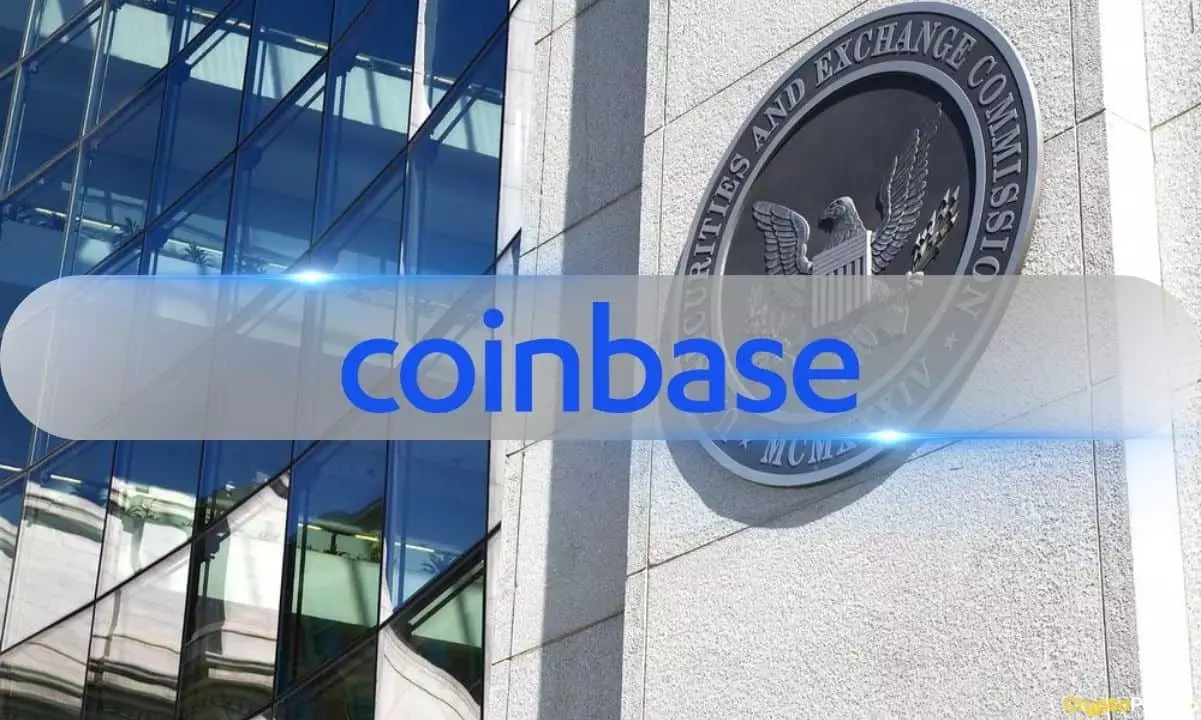Coinbase’s recent comment letter to the US Securities and Exchange Commission (SEC) highlighted several significant flaws in the agency’s cost-benefit analysis of the proposed rule. The letter, penned by Coinbase’s chief legal officer, Paul Grewal, argued that the SEC had failed to adequately assess the rule’s economic impact on efficiency, competition, and capital formation. One of the key criticisms in the letter was the lack of critical information on decentralized exchange (DEX) operations and compliance costs, which could lead to vague benefits that may not materialize.
Grewal urged the SEC to withdraw the proposal and conduct more thorough research before moving forward with any regulatory changes. He pointed out that the agency’s approach was arbitrary and irrational, as DEXs operate fundamentally differently and would face prohibitive compliance costs under the proposed rule. Without a clear classification of digital assets as securities, the SEC’s cost-benefit analysis lacks accuracy and reliability.
Coinbase also raised concerns about the potential negative impact of the proposed rule on its own services, such as the Base network and wallet offerings. By potentially driving DEXs out of the market, smaller exchanges would be disproportionately affected by high compliance costs, giving larger incumbents an unfair advantage. The vague language in the proposal only adds to the compliance burden, further complicating the regulatory landscape for industry participants.
One of the key issues highlighted by Coinbase was the uncertainty created by the SEC’s inconsistent approach to regulatory enforcement. By relying on case-by-case litigation rather than clear rules, the agency has left industry participants and courts in a state of confusion. The proposed changes have only exacerbated this uncertainty, with ambiguous language around the classification of digital assets as securities. This lack of clarity undermines the reliability of the SEC’s cost-benefit analysis and calls into question the validity of the proposed rule.
Coinbase’s critique of the SEC’s cost-benefit analysis of the proposed rule raises important questions about the regulatory landscape for crypto exchanges. By failing to adequately assess the economic impact of the rule on efficiency, competition, and capital formation, the SEC risks driving DEXs out of the market and creating unfair advantages for larger incumbents. The agency’s inconsistent approach and vague language only add to the compliance burden for industry participants, further complicating an already complex regulatory environment. It is imperative that the SEC conducts more thorough research and clarifies its classification of digital assets to ensure a fair and effective regulatory framework for all market participants.


Leave a Reply